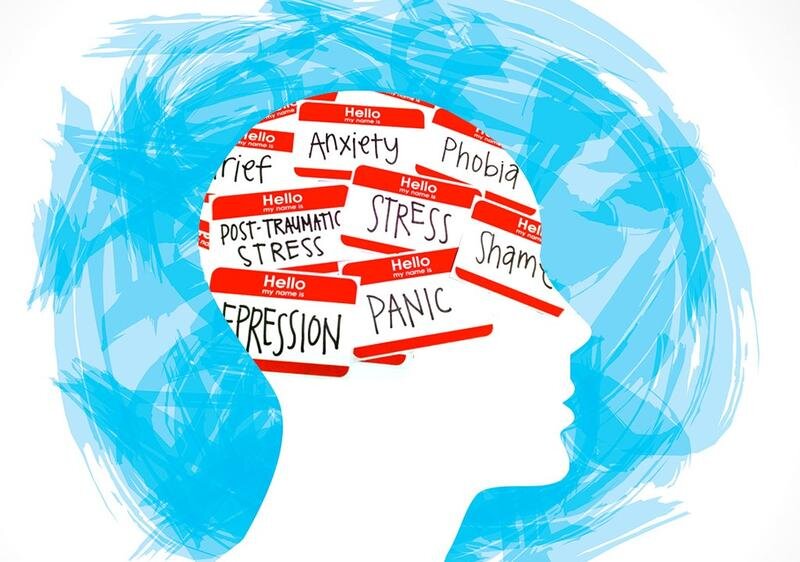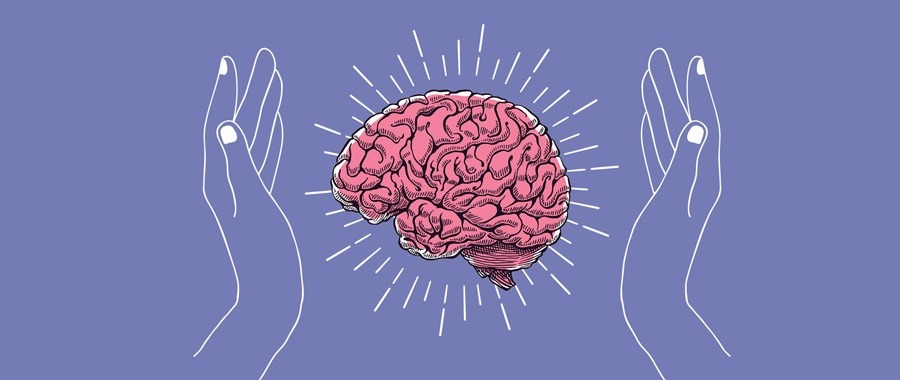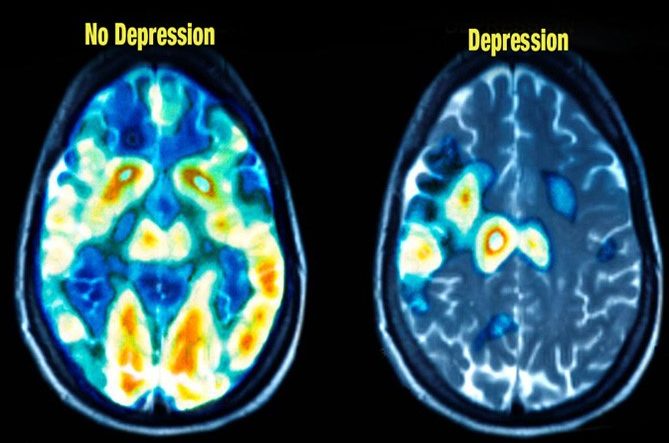TRIGGER WARNING: This article contains a discussion/material of mental illness that may be disturbing to some.
We grow up with so many thoughts and misconceptions embedded in our brains… ones that aren’t necessarily grounded in firm logic. When it comes to mental health, so many beliefs ought to be re-evaluated and possibly amended. Growing up in a mostly religious community (which is a good thing), we can sometimes fail to recognize the gravity of mental illness and serious diseases that faith alone cannot really cure.
Nowadays, many people preach about the importance of mental health awareness, yet often when one decides to speak up, seek help, or express their bottled up feelings… accusations of being “unreligious”, quickly get thrown to their faces, derailing the main topic itself and essentially bringing us back to square one. Because well, while sometimes people can experience feelings of blue, and the fact that they don’t connect enough with their creator may be one of the reasons, this, however, doesn’t mean that this is always the case.

There seems to be a deep rooted belief, that if someone is close enough to God, piously observing religious guidelines, they should never – in theory – have to struggle with any mental illnesses. If your faith is strong enough, they claim, you should be automatically healed of each and every pain. Unfortunately, things aren’t as simple.
Such naïve oversimplification and ignorance about basic science, blind us to the simplest of solutions. Having a problem? Then seek medical help. We don’t expect physical symptoms to be treated with prayers and mosque/church visits. So why do we expect mental/emotional pain to magically heal itself with the right dose of prayer? We, as a society, view our physical health as an issue of paramount importance, so why do many people shrug off the thought of our mental health being any where near as vital?
With negative connotations attached to mental health issues already existing, you’re not just crazy, but also not religious enough, ungrateful. And, maybe you need to re-examine your whole set of beliefs, some claim. Limiting the reasons behind mental health issues to a one particular element… is wrong to begin with!
Yes, the valuable role that someone’s religion, faith or beliefs play in helping mental health patients cope has been well documented. Religious practices can serve as a healthy anchor for healing, no doubt. Health professionals will tell you about the positive impact that spirituality and religion can have on your recovery. However, they will, too, assure you they’re not the only factors in the healing process.

Imagine struggling with an anxiety disorder, depression, or any other type of mental illness. And, instead of finding support, you find people weaving you through a forest of accusations… “You’re not religious enough and/or you’re ungrateful. If you trust God enough, you wouldn’t worry this much. If you pray 5 times a day, you’d never be familiar with the term depression.” This is, unfortunately, the kind of reasoning people would hear.
A kind of logic some people prefer to resort to, blinding themselves to the often uncomfortable facts that come along with the process of diagnosis and treatment. A Kind of faulty reasoning that would only render you helpless and breed further sense of despair. Since people (or sometimes yourself) trivialize the significance of mental disorders, and bringing everything down to “being ungrateful” or “losing faith”.
Little do some know, that depression and other mental illnesses, can physically alter the chemicals of the brain. We’re not talking about a mild sadness or mood swings that occur from time to time. We’re talking about individuals whose day-to-day lives can become by themselves, a daily struggle, because of a serious mental conditions that continue to be denied and belittled by many.
There are two ways of healing sickness, physical means and spiritual means, and both are equally indispensable. Being accused in the midst of fighting a mental illness, only reinforces the toxic belief that struggling with a mental issue is ‘your fault’. Triggering a never-ending cycle of negative thoughts, that can eventually spiral into self hate.
Indeed, getting closer to God, and going good deeds can definitely serve as a healthy anchor for healing. But in most cases, that’s not anywhere near enough. Many mental health disorders require serious professional help. The kind of help our creator advised us to go for, when we need it. One should be able to shamelessly seek medical assistance, without the weight of guilt carried upon their shoulders.
Struggling with a mental illness does not mean you’re ungrateful. It doesn’t mean you’re being punished for your wrongdoing. It doesn’t mean your lacking faith or sanity. It simply means that you need help and you have every right to ask for it.




